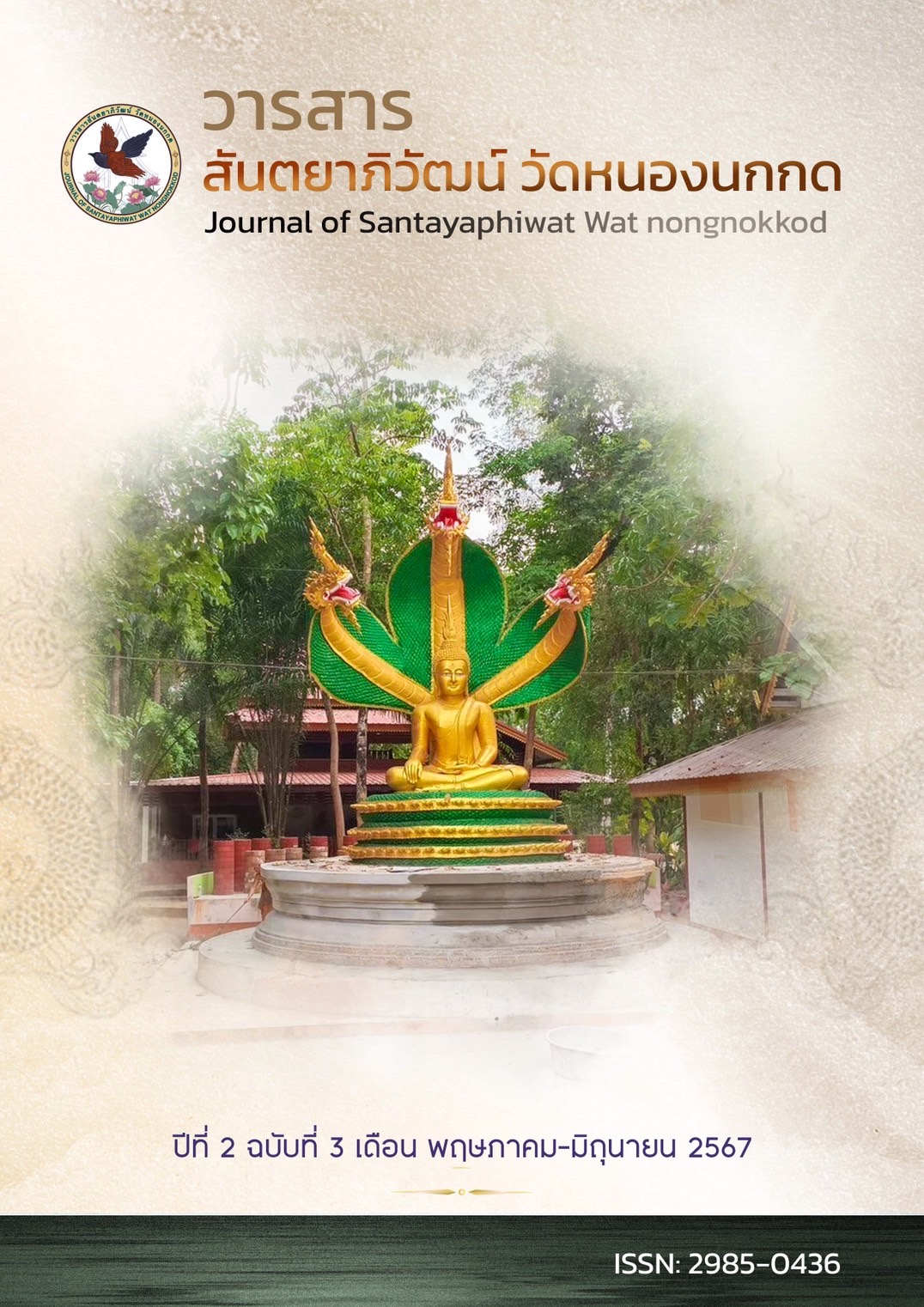CONTEMPLATIVE EDUCATION INTERESTING KNOWLEDGE
Keywords:
Interesting, Knowledge, Contemplative EducationAbstract
Other organizations in higher education, such as The Center for Contemplative Mind in Society, continue to advocate for contemplation. As a result, Contemplative Education Interesting Knowledge has existed in the United States since C.E. 1991, and it was founded in C.E. 1997 by replacing the term "Contemplation" with "meditation". So, the "meditation" organization demonstrates religion, particularly Buddhism, as exercising fearlessness through mindfulness and meditation, but "contemplation" is only stressed in specific cases.
Learning using the concepts of contemplative education, or the practice of learning with the mind and reflection. Education for awakening. Education for change, learning for a new consciousness. This concept begins with the expectation that individuals will change as a result of their education. Education that focuses on discovering oneself Learning from actual experience and listening with an open mind. This leads to awareness, understanding, and receptivity. Respect for humanity and appreciation of diversity. Until contemplation occurs with a caring mindset. Keep your mind open and capable of understanding things. Has a strong sense of self-awareness. Kindness and public consciousness. Capable of applying what has been taught in real-life situations. Change yourself to be.
References
จิรัฐกาล พงศ์ภคเธียร. (2555). จิตตปัญญา : การเรียนรู้จิตสำนึกใหม่. กรุงเทพฯ: สวนเงินมีมา.
จุมพล พลูภัทรชีวิน. (2551). “จิตตปัญญาศึกษา: รุ่งอรุณแห่งจิตสำนึกใหม่ทางการศึกษา.” รวมบทความการประชุมวิชาการจิตตปัญญาศึกษา: การศึกษาเพื่อพัฒนามนุษย์. กรุงเทพฯ: ศูนย์จิตตปัญญาศึกษา มหาวิทยาลัยมหิดล.
ชลลดา ทองทวี และคณะ. (2550). รายงานผลการดำเนินงานฉบับสมบูรณ์ โครงการวิจัยและจัดความรู้จิตตปัญญาศึกษา. กรุงเทพฯ: สำนักงานกองทุนสนับสนุนการสร้างเสริมคุณภาพและศูนย์จิตตปัญญาศึกษา.
ธนา นิลชัยโกวิทย์. (2550). การเรียนรู้เพื่อการเปลี่ยนแปลงและจิตตปัญญาศึกษา. กรุงเทพฯ: ศูนย์จิตตปัญญาศึกษา มหาวิทยาลัยมหิดล.
ประเวศ วะสี. (2551). มหาวิทยาลัยไทยกับจิตตปัญญาศึกษาและไตรยางค์แห่งการศึกษา. กรุงเทพฯ: ศูนย์จิตตปัญญาศึกษา มหาวิทยาลัยมหิดล และแผนงานพัฒนาจิตเพื่อสุขภาพ.
พิจิตรา ธงพานิช. (2560). วิชาการจัดการเรียนรู้และการจัดการในชั้นเรียน: รูปแบบการสอน ADDIE (ADDIE Model). (พิมพ์ครั้งที่ 3). นครปฐม: โรงพิมพ์มหาวิทยาลัยศิลปากร วิทยาเขตพระราชวังสนามจันทร์.
พักตร์วิภา โพธิ์ศรี. (2553). รายงานการวิจัยเรื่องการจัดการเรียน การสอนตามแนวคิดจิตตปัญญาศึกษา รายวิชาสังคมวิทยาการศึกษาสำหรับนิสิตระดับปริญญาตรี คณะศึกษาศาสตร์ มหาวิทยาลัยบูรพา. ชลบุรี: คณะศึกษาศาสตร์ มหาวิทยาลัยบูรพา.
วิจักขณ์ พานิช. (2551). เรียนรู้ด้วยใจอย่างใคร่ครวญ:การศึกษาดั่งเส้นทางแสวงหาจิตวิญญาณ. (พิมพ์ครั้งที่ 2). ศูนย์จิตตปัญญาศึกษา: สำนักพิมพ์สวนเงินมีมา.
สรยุทธ รัตนพจนารถ. (2551). ริเริ่มสำรวจความรู้ น้อมนำเข้ามาสู่ใจใคร่ครวญประยุกต์. การประชุมวิชาการประจำปี 2551. โครงการศูนย์จิตตปัญญาศึกษา มหาวิทยาลัยมหิดล.
สุมน อมรวิวัฒน์. (2551). บทบาทของสถาบันการศึกษาต่อการพัฒนาจิตใจ. กรุงเทพฯร: โรงพิมพ์และทำปกเจริญผล.
Kruse, K. (2008). Introduction to instructional design and the ADDIE model. Retrieved from http://www.e-learningguru.com/articles/art2_1.html.









